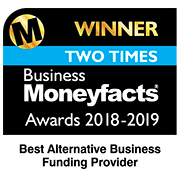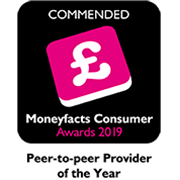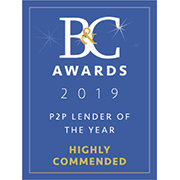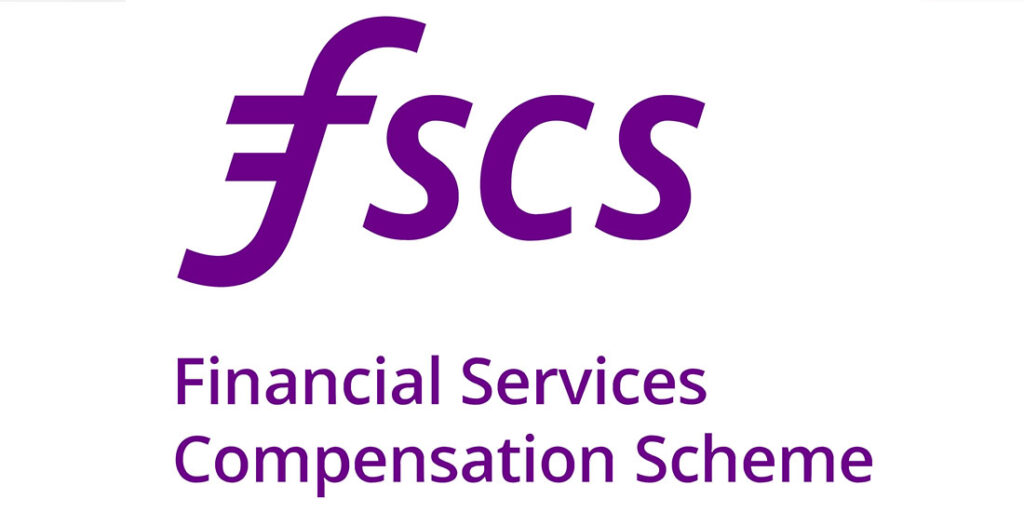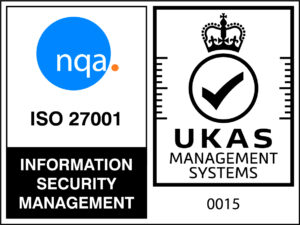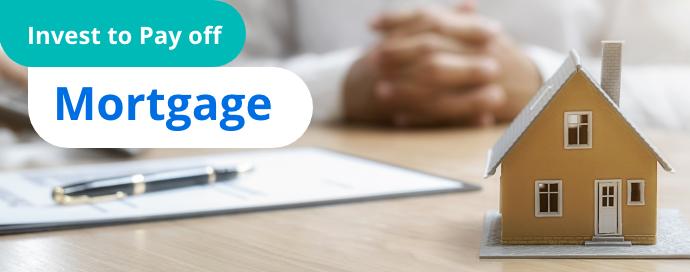
Investment to pay off your mortgage
Have you got spare cash in a lump sum or some cash in your monthly budget? Either way, it makes more sense to do something meaningful with it. However, you might be confused about whether to repay your debts early or invest. Being a proud homeowner, you may not like the idea of paying the mortgage every month over the next few decades. However, considering the diverse investment options, it can feel like you are missing out by not investing.
Invest or Pay Mortgage Early: What should you do?
Being a homeowner, most people dream of the day when they no longer need to pay the mortgage. Being free of debt is a great goal. However, it might not make the most sense financially. There is an opportunity to grow your money through investments.
For example, say you have a mortgage of £200,000 for 30 years with a 1.5% fixed rate. You would make monthly payments of £690. This means you would spend a total of £48,474 in interest on that mortgage.
Now, let’s say you manage to earn £300 extra each month, to put towards that mortgage. As a result, you would be able to reduce your repayment period by 10 years 7 months, and save yourself £17,831 in interest.
Alternatively, you could take that £300 monthly and invest it.
Kuflink’s Auto-Invest product, diversified across hundreds of loans, returns 7% annually – so let’s use that for our calculations;
Investing £300 each month with a 7%pa return, compounding it annually, would earn you a massive £246,803 in interest!
So rather than save £17,831 in debt interest, EARN £246,803 of investment interest.
If you want to get really detailed – consider that the interest you are earning on your investments will, over time, become greater than the outstanding mortgage debt. If you want to be debt free, you could pay off your mortgage sooner by investing.
Should you Pay Your Mortgage Early or Invest?
It is best to invest the money instead of funnelling savings towards paying off your mortgage early from a financial perspective. However, to help you make the right decision according to your financial plan, let’s discuss the pros and cons of paying off early vs investing.
Pros of Paying Your Mortgage Early
- Peace of mind: the idea of constant debt can be unpleasant. Hence paying the mortgage early can give you peace of mind. In case of emergency, having a paid home means you do not have to worry about missing the monthly mortgage payments.
- Building equity: by paying the mortgage faster, you can build equity in your home. This way, you can qualify for refinancing, which means you can save more in the long term.
- Saving on interest: this is probably the biggest benefit of paying your mortgage early. You can save thousands of pounds in interest payments by paying your mortgage early.
Cons of Paying your mortgage early
- Wealth is tied up: the property is an illiquid asset, so you cannot convert it to cash. In case of a financial emergency, you would be left with only one option of selling your house, which too can take a long time until the right buyer is available.
- Loss of tax breaks: if you decide to pay off your mortgage instead of maxing out your tax-advantaged retirement accounts, you will be giving up those tax savings.
- Opportunity cost: the money you spend on paying the mortgage early is the money you are unable to use for other financial goals. Think about it; you may be paying off the mortgage at the expense of your retirement savings, your emergency fund or other higher return investment opportunities.
Benefits of Investing
- Returns On Investment: the most significant benefit of investing your money rather than paying your mortgage earlier is that you can get high returns. For example, for several years, the returns on stocks and shares are significantly higher than the mortgage rates, which means you can save the money even after paying your mortgage amount.
- Contribution matching: you can invest your extra cash in a retirement account, and your employer offers a matching contribution to it. You can enjoy the benefits of compounding interest on this additional free money.
- Liquid Investment: when you invest in a home, it ties up your money. Invest in bonds, stocks, peer to peer lending, or other alternative investments so that you can have access to some cash in the time of need.
Drawbacks Of Investing
- Increased Debt: Investing money may not be a good option for individuals who do not like the idea of having a loan to their name. You cannot own your home until you repay the mortgage amount. Moreover, there is always a risk of repossession if you fail to repay on time.
- Higher Risk: the stock market is more volatile than the real estate or housing market year on year. Similarly, alternative investments carry their own risk. So, there may be chances of losing money. When you make your investment strategy, always keep in mind your risk tolerance and be mentally prepared for any type of risk.
Refinance and Invest: The best of both worlds
If you still don’t know which option is the best, you may not have to choose one. Instead, you can take a hybrid approach to reduce your debt and grow your wealth.
Mortgage rates are low; this means it is the right time to refinance. If you took out a mortgage or refinance years ago, you can save more by refinancing to a lower interest rate and reduce your mortgage term length. Just make sure to consider the closing costs when calculating the numbers.
With your newfound mortgage savings in place. You can invest as well. This way, you will spend less on the mortgage while you can still take advantage of higher returns.
All the above is for information purposes only. Please always seek professional advice before acting.
*Capital is at risk and Kuflink is not protected by the FSCS. Past returns should not be used as a guide to future performance. Securing investments against UK property does not guarantee that your investments will be repaid and returns may be delayed. Tax rules apply to IF ISAs and SIPPs and may be subject to change. Kuflink does not offer any financial or tax advice in relation to the investment opportunities that it promotes. Please read our risk statement for full details.





